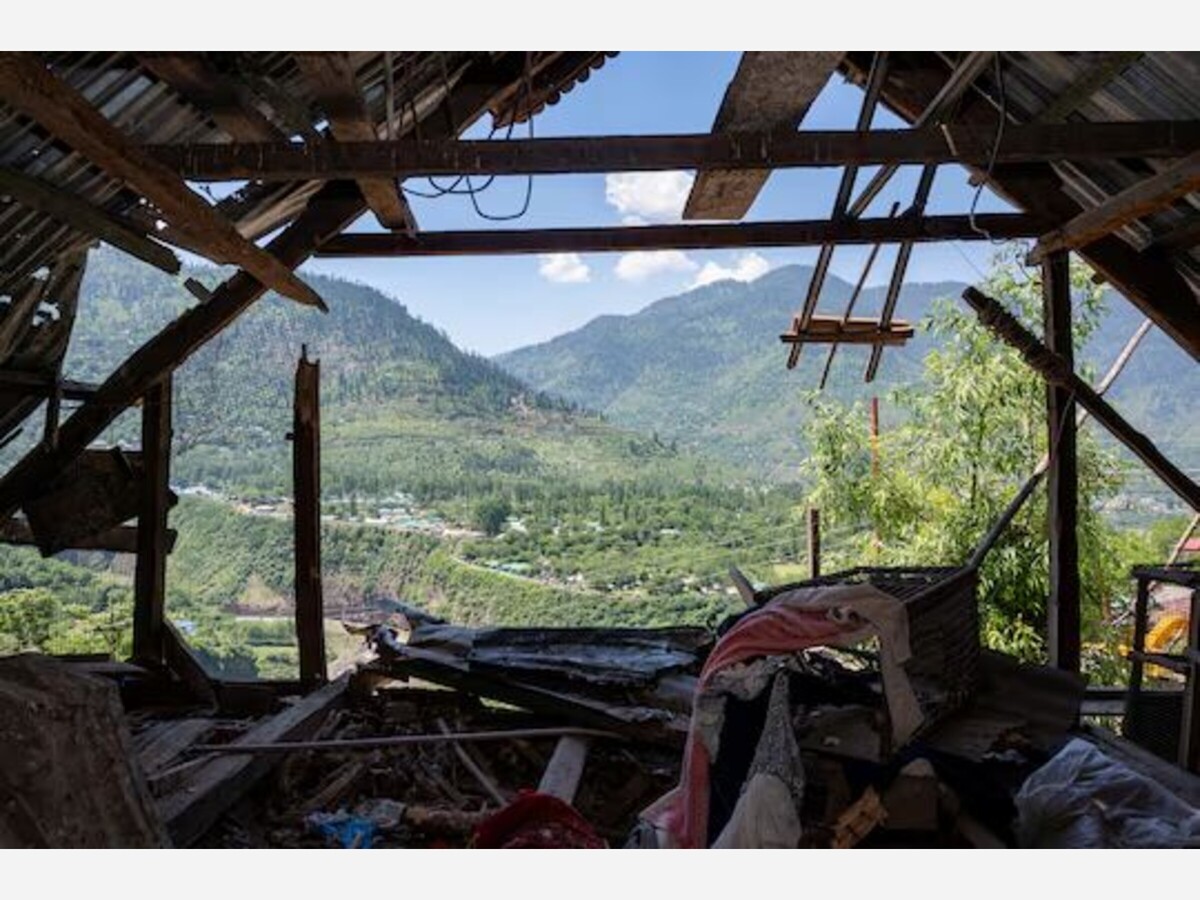Image

India-Pakistan Relations: Heightened Tensions in May 2025
In May 2025, relations between India and Pakistan reached a new low, following a string of violent events and retaliatory actions that have disrupted diplomatic and economic cooperation. The two nations, long time rivals since their 1947 partition, have a history of conflict—particularly over the disputed region of Kashmir.
Pahalgam Incident and Initial Repercussions
The current conflict was sparked by a deadly terrorist attack in Pahalgam, located in Indian-controlled Kashmir, on April 22, which left 26 civilians dead. India blamed the attack on Pakistan-based militant groups Jaish-e-Mohammed and Lashkar-e-Taiba. In response, India suspended the Indus Waters Treaty and closed the Attari-Wagah border crossing.
Military Engagement: Operation Sindoor and Countermeasures
India initiated “Operation Sindoor” on May 7, targeting suspected militant sites in Pakistan-administered Kashmir and Punjab using missile and drone strikes. Pakistan retaliated with “Operation Bunyan al-Marsus,” directing attacks at Indian military facilities. These events marked the first instance of drone-based combat between the two countries.
Ceasefire Agreement and Diplomatic Dialogue
Both nations agreed to a ceasefire on May 10 after their respective military leaders held direct talks. The truce began at 5:00 PM IST (7:30 AM EST), with additional negotiations planned to maintain peace.
Political and Economic Repercussions
India is lobbying for Pakistan to be placed back on the Financial Action Task Force (FATF) "grey list" and is working to block Pakistan’s upcoming loan applications to the World Bank, citing its alleged involvement in terrorism.
Airspace Restrictions and Civilian Effects
Pakistan has extended its airspace ban on Indian flights until June 24 due to security reasons, affecting commercial air travel and raising costs for airlines and travelers.
New Attacks and Accusations
On May 22, a school bus bombing in Khuzdar, Balochistan, killed eight people, including two soldiers. Pakistan's military accused the Baloch Liberation Army of the attack and alleged Indian support, though no definitive evidence has been released and India has not officially responded.
Global Reactions
U.S. Secretary of State Marco Rubio has engaged with leaders from both nations to promote de-escalation. President Donald Trump confirmed the ceasefire, crediting intense U.S.-led diplomatic efforts for the breakthrough.
Outlook
Tensions remain high as both India and Pakistan attempt to sway international perspectives. India continues to accuse Pakistan of supporting terrorism, while Pakistan criticizes India’s actions in Kashmir. The global community is closely watching, hoping for a peaceful and lasting resolution.